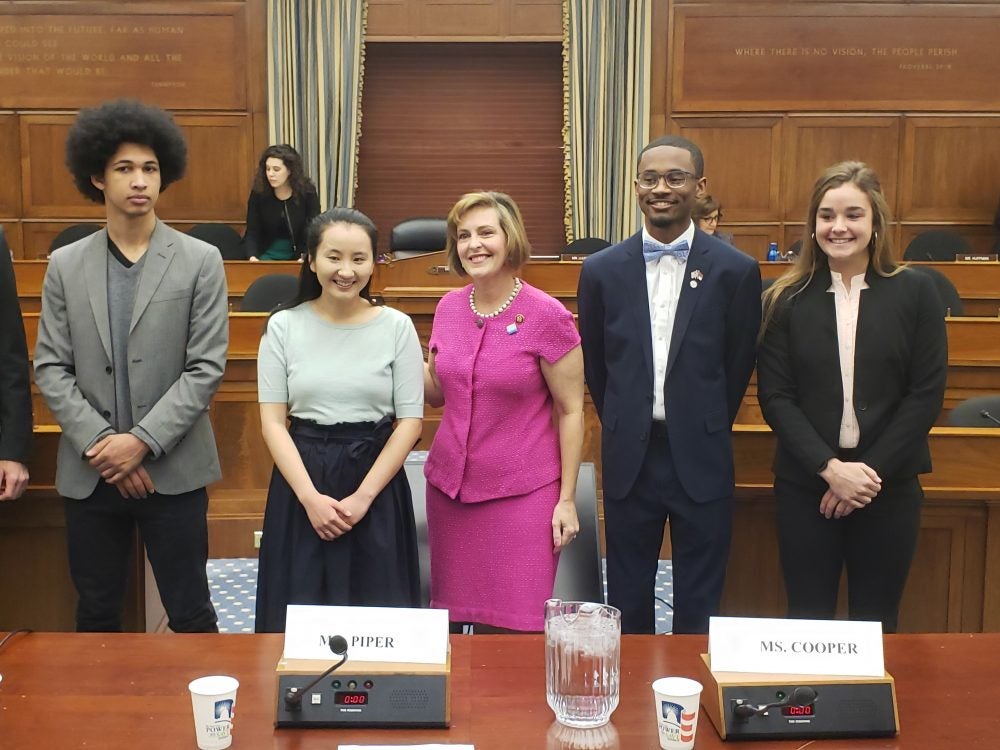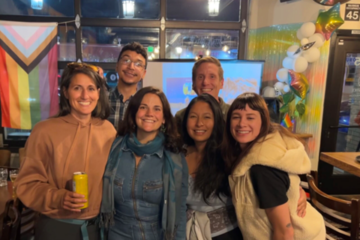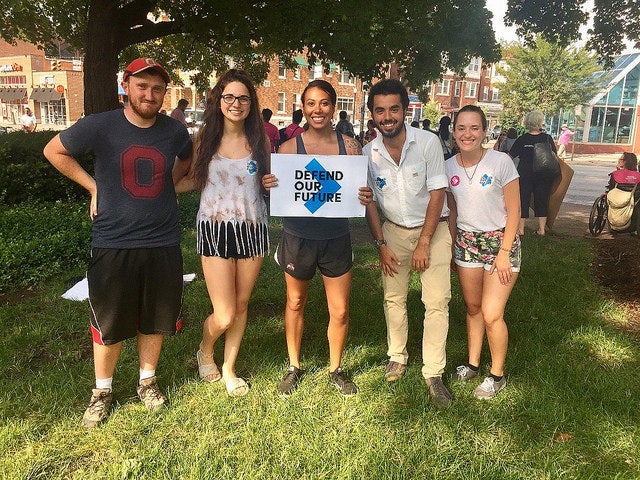An earlier version of this post by Grace Tucker was originally published on Climate 411.

The first hearing of the U.S. House Select Committee on the Climate Crisis marked a positive step toward a meaningful and constructive conversation about climate action in the 116th Congress.
And thanks to the compelling testimony of the young witnesses on hand, four key themes emerged that our elected representatives should keep in mind as this conversation moves forward.
The witnesses drove home four points during the hearing.
1. Policy solutions should be based on sound science
Throughout the hearing, committee members on both sides of the aisle emphasized a focus on solutions.
As Rep. Joe Neguse (D-CO) said, “We don’t need to define the problem – scientists and experts have defined the problem for us. We need to act.” The witnesses echoed this need for policy based on sound science.
Recent peer reviewed scientific reports like the Fourth National Climate Assessment and the Intergovernmental Panel on Climate Change’s Special Report show the science is clear – the Earth is warming at unprecedented rates and we can’t afford to wait to take action.
2. Climate change affects everyone, but it hits some harder than others
Everyone deserves access to a healthy environment, but climate change impacts do not affect all people equally. Communities of color are more likely to live in polluted and flood-prone areas, but are less likely to receive aid like federal buyouts after a natural disaster. Repetitive flooding, wildfires and extreme storms damage homes and businesses, putting people out of work and harming local economies.

Chris Suggs is a college student from Kinston, North Carolina, which was still recovering from Hurricane Matthew when Hurricane Florence hit two years later. He told the committee, “My town’s socioeconomic challenges cannot be divorced from the extreme weather we’ve experienced. Poverty and hurricanes are deeply intertwined for us…climate change is an extra kick to communities that are already down.”
Climate change will only increase the strength and intensity of extreme weather and storms like Matthew and Florence. As Congress considers the economic repercussions of climate change, they should also consider the inequity of those impacts.
3. Climate and community resilience go hand in hand
Resilient communities can recover more quickly and more effectively after a disaster hits.
Witnesses advocated for several approaches to support vulnerable communities dealing with climate change impacts, and emphasized that both state and federal governments can help implement disaster mitigation for communities located in high-risk areas. Investment in economic development and education can empower local communities to develop solutions that fit their own needs. For example Louisiana’s Strategic Adaptations for Future Environments (LA SAFE) program engages local communities in a co-design process for climate change adaptation.
4. The time for bipartisan leadership on climate is now
Throughout their testimonies, the witnesses called for bipartisan federal leadership to create systemic, science-based policies that emphasize community resilience and capacity-building, especially for the country’s most vulnerable populations. The call for bipartisanship was echoed by members of the committee, including Chairwoman Kathy Castor (D-FL) and Ranking Member Garret Graves (R-LA).
Young people set the tone at last week’s hearing: we can’t afford to wait to enact policy changes to reduce our emissions and limit the impacts of climate change on our communities. Chairwoman Kathy Castor (D-FL) accurately captured this sentiment, noting: “It is our moral responsibility to take action.”
Grace Tucker is the Program Associate for Environmental Defense Fund’s Coastal Resilience program, providing programmatic and administrative support to the Mississippi River Delta Restoration team. Grace completed her undergraduate degree in Environmental and Sustainability Science at Cornell University, where she focused on the intersection of science and policy in water resource management.




